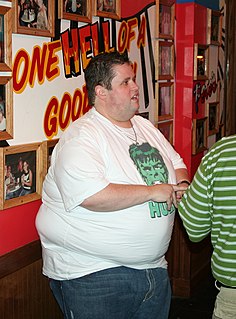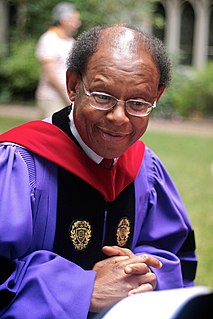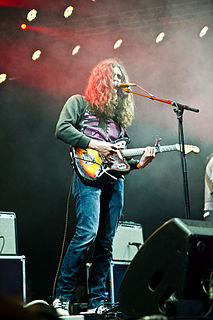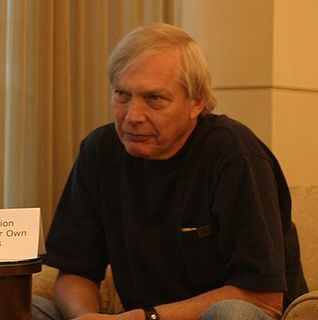A Quote by Ralphie May
I'm blue collar, which means white trash with a job. But it also means people who take pride in what they do.
Related Quotes
When I'm talking about the white working class, here's what I'm defining: high school degree, no more, and working in a blue-collar job or a low-skilled service job. When I'm talking about the white, upper-middle class, I'm talking about people who work in the professions or managerial jobs and have at least a college degree.

































